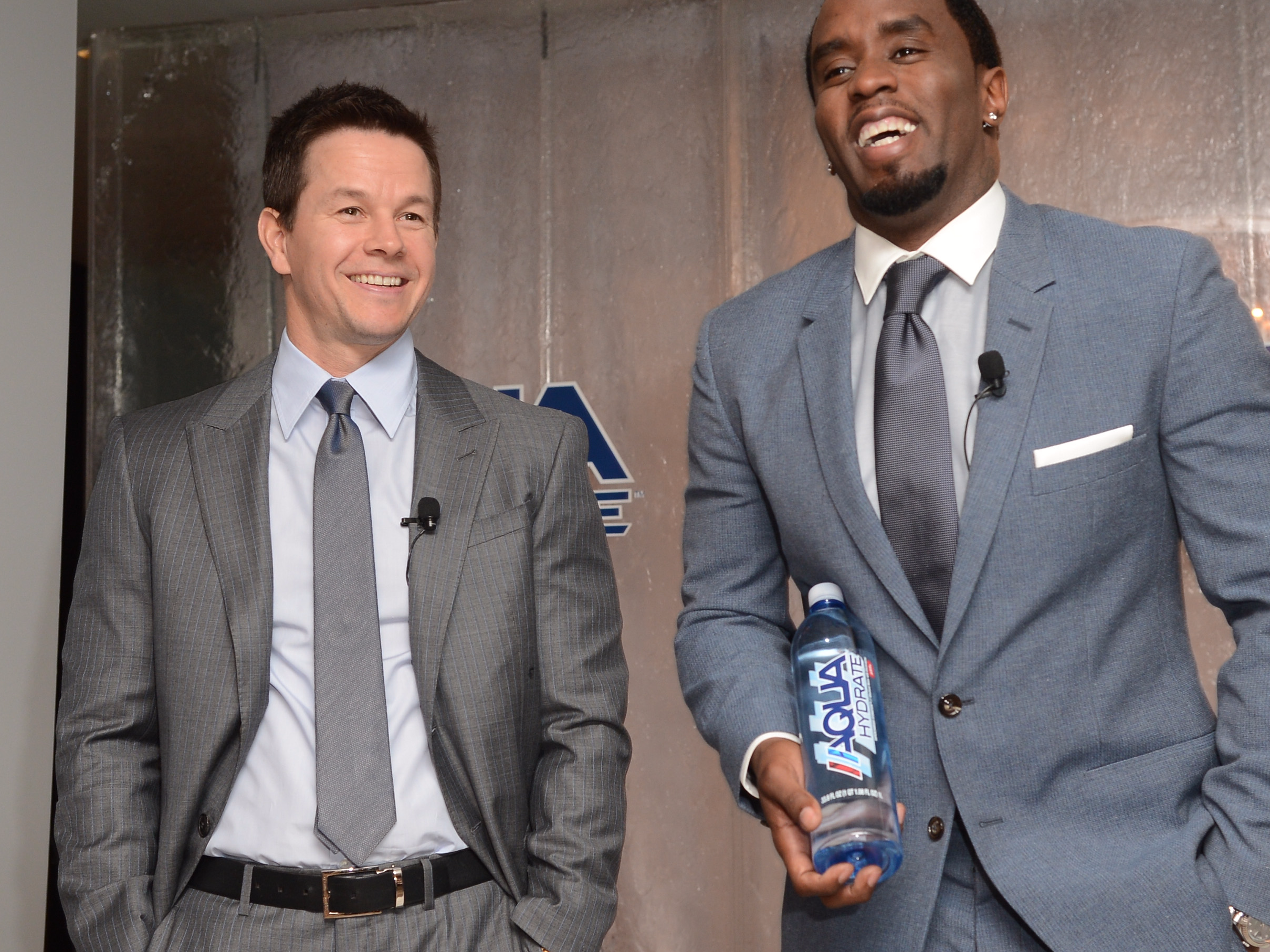As fans use social media to get an intimate window into the lives of celebrities, the idea of having a famous “spokesperson” becomes a trickier dance for brands.
If the promotion feels authentic, it can use the power of the internet to multiply its influence – but it can also fall flat on its face when it feels fake.
Recently, a panel of advertising experts convened in New York City to talk about the power of celebrity influencer marketing, which is when brands use “influential” people (read: celebs) to promote their products.
During the discussion, Paul Desisto, a senior talent agent at Central Entertainment Group, said this form of marketing had become his prime option for getting new users and boosting sales in campaigns he’s run. A marketing study from Tomoson provided some data to back up Desisto’s anecdote, claiming that influencer marketing was the fastest-growing way to snag customers online.
But as branded ads crowd newsfeeds, companies have learned that success is only possible when these ads feel organic.
Panel moderator and "The Bachelor" contestant, Ashley Iaconetti, said she saw this firsthand throughout partnerships with companies like HelloFresh and FabFitFun. Iaconetti said that the most success in her branded social-media posts came when she'd had the freedom to take the reins and post something that felt natural.
"Just let me have fun with it, and I'll get you guys attention," Iaconetti said to sponsors. "Fans hate it when I post something and it's an obvious ad, so if you can integrate the product organically, they're all about it."
Puff Daddy and Marky Mark
One celebrity who's no stranger to this is music and entertainment mogul is Sean "Diddy" Combs, who has crowned himself as one of the founders of celebrity influencer marketing on social media.
"I take a lot of pride in being one of the first celebrities on Twitter," Combs told Business Insider in a recent interview.
We spoke to Combs, and actor-businessman Mark Wahlberg, about social media strategy, their many business endeavors, and their performance water brand, Aquahydrate.
The pair share a brotherly camaraderie. Both jokingly find common ground in their former alter egos: Puff Daddy and Marky Mark.
"We have each other's backs," Wahlberg said.
Recently, they teamed up to re-launch Aquahydrate, a "performance" bottled water that Wahlberg credited for helping him recover while training for "The Fighter."
As Wahlberg and Combs have become the faces of Aquahydrate, they've both aligned their public personas with the active and go-getter lifestyle of their customers.
Wahlberg, who's in exceptional physical shape, posts his extensive workouts on Instagram for his millions of followers. And Combs continues to inspire fans with his viral motivational tweets (see 1, 2, and 3).
http://instagr.am/p/BZMhcqQhUUF
"Our product is social by design," Combs said.
Combs said their social-media success is no coincidence. Although we've recently seen many tone-deaf celebrity sponsorship deals blow up, both men have their ears and eyes close to their fans bases, using social media to connect with and understand their audience.
Wahlberg also often looks to his own children for help, he said.
"[Mark and I] are united in loyalty to being authentic," Combs added.
The media game
Through their online and offline influence, they've become tastemakers brands can use.And they are looking to leverage that position.
Wahlberg recently inked a deal with AT&T and DirecTV and is currently working on launching his own content platform, and Combs runs his own music TV channel, Revolt TV.
"We have an opportunity to provide a platform and create content most brands won't create," Combs said.
Combs shouted out Issa Rae, whose critically acclaimed HBO show, "Insecure," has been heralded by critics and fans for its honest and raw portrayal of the everyday black American experience, something that's been missing from TV and film.
In the same breath, Combs reflected on being one of the few black people to own their own TV network. "We're connected to the community and see the ideas a lot of networks won't."
"We're connected to the next generation of creators," Combs said.

